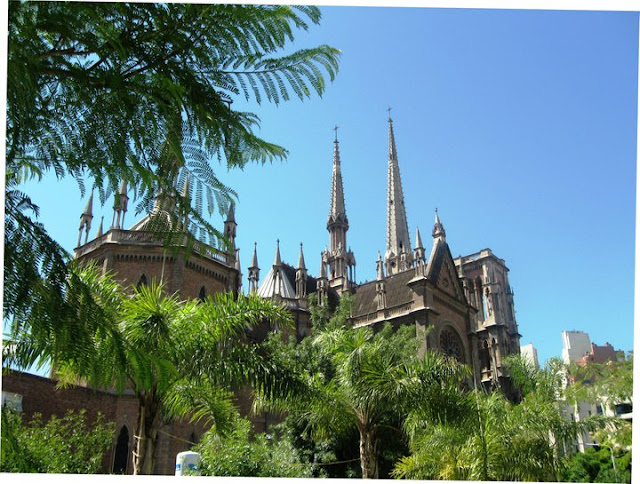Friday, 20 July 2012
OLYMPIC GAMES- LONDON 2012
WHAT WE DID IN CLASS- JULY 20TH
- WE READ AN ARTICLE ABOUT CHEATING
- WE COMPARED BRITISH AND AMERICAN ENGLISH
- WE COMPLETED EXERCISE 2
- WE COMPLETED THE RULES OF HAVE TO - DON'T / DOESN'T HAVE TO
Wednesday, 18 July 2012
Tuesday, 17 July 2012
MUST - MUSTN'T
- THEY DON'T TAKE ¨S¨, ÏNG¨or ¨-ED¨ SUFFIX. Example: She must study harder
- THEY ARE FOLLOWED BY BARE INFINITIVE (WITHOUT TO). Example: You must get a good night's sleep
- MUST refers to 1-obligation, necessity or duty. Example: You must stop when the traffic light is red.
3- positive logical assumptions They must be the boy's parents (I'm sure they are his parent's)
4- To give rules You must warm up before you start running 5- To say that something is veryimportant You must eat a good breakfast.
5- MUSTN'T: prohibition (It is forbidden to do something/ you are not allowed to do something /it is against the rules /law). Example: You mustn't park here
They don't have tenses
Simple past: had to / didn't have to
Future simple: will have to
Monday, 16 July 2012
WHAT WE DID IN CLASS - JULY 16TH
UNIT 5 - STUDENT'S BOOK PAGES 48 /49
WORKBOOK PAGE 41
- WE TALKED ABOUT RULES AT SCHOOL (MUST /SHOULD)
- WE COMPLETED A CHART
- WE ANSWERED A QUESTIONNAIRE
- WE COMPLETED THE SENTENCES WITH MUST /MUSTN´T /SHOULD / SHOULDN'T
- WE CIRCLED THE CORRECT ANSWER
- WE PREPARED THE CLASSROOM RULES
WORKBOOK PAGE 41
Monday, 9 July 2012
JULY 9TH, INDEPENDENCE DAY
It wasn’t until March of 1816, folllowing Napoleon’s defeat at Waterloo, that representatives of the various provinces met in Tucumán to discuss the future of their country. On July 9 the delegates met in the Bazán family home, now the Casa Histórica de la Independencia museum, to proclaim their independence from Spanish rule and the formation of the United Provinces of South America later the Provincias Unidas del Río de la Plata.
The Acta de la Declaración de la Independencia Argentina signed, the newly formed congress couldn’t reach agreement on a form of government. They appointed a supreme director, but many delegates preferred a constitutional monarchy. Others wanted a centralized republican system, still others a federal system. Unable to reach consensus, the opposing beliefs eventually led to a civil war in 1819.
Taking power, Juan Manuel de Rosas, ruled from 1829 to 1852 while acting as a caretaker of the external relations of the whole country, who lacked any other form of federal government. Acknowledged as a tyrant, Rosas was overthrown by a revolution led by General Justo José de Urquiza under whom Argentine national unity was established, and a constitution promulgated in 1853.
JULY 6TH, HAPPY BIRTHDAY CORDOBA
Subscribe to:
Posts (Atom)






